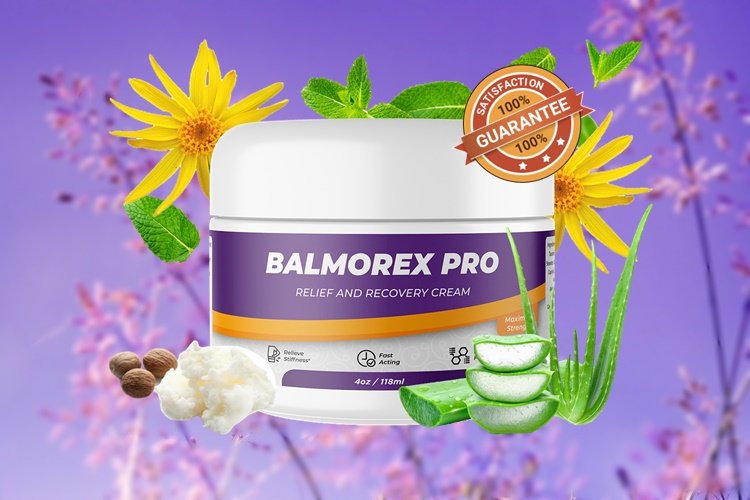Alternative Health Practices – Are you tired of depending on medications to feel better? It might be time to explore other health options that use natural methods to help you feel good from within.

This guide will introduce you to different ways of improving your health beyond standard medicine. We’ll look at both ancient healing techniques and new methods that research has shown to be effective. Alternative health practices, like acupuncture, herbal remedies, yoga, and meditation, offer a whole-body approach to wellness.
Whether you’re dealing with ongoing pain, want to boost your mental health, or just aim to live a healthier life, these practices can help. We’ll explain the science behind these methods and give you simple tips for adding them to your daily life. Join us on this journey to discover how alternative health practices can help your body naturally heal and thrive. Get ready to experience well-being for your mind, body, and spirit.
Key Takeaways
Before diving into the world of alternative health practices, let’s understand a few key terms. Alternative health practices, also known as complementary or integrative health, refer to a diverse range of healthcare approaches that fall outside the scope of conventional medicine.
These practices often focus on natural, holistic, and patient-centered methods to promote overall well-being. In this journey, we’ll explore the benefits, types, science, and real-life stories behind alternative health practices.
Understanding the Benefits of Alternative Health Practices
Using alternative healthcare methods is like entering a new world of health that goes beyond conventional medicine. These methods can be combined with traditional health care, providing a more personalized approach. One major benefit is the focus on prevention. Instead of just treating symptoms, alternative methods aim to address the root cause of health problems.
Alternative healthcare methods are also known for offering natural alternatives to medical treatments. For example, herbal remedies, acupuncture, and dietary changes can provide health benefits without the side effects that some medications cause. This approach looks at the whole person, recognizing the connection between mind, body, and spirit.
Exploring Different Types of Alternative Health Practices
Alternative health practices cover a wide range of options, from ancient methods to newer innovations. People can choose the approaches that feel right for them. Many health journals discuss these different methods, which include options like acupuncture, herbal medicine, aromatherapy, chiropractic care, and mind-body practices such as yoga and meditation.
Trying out these practices can help people find what suits their needs and health goals. For example, if someone wants to achieve balance in both mind and body, they might find comfort in practices like tai chi or biofeedback.
The Science Behind
Unlike popular belief, many alternative health practices do have scientific support. Research has shown that these methods can be effective, adding to a growing body of evidence. Studies often highlight benefits like pain relief, stress reduction, and improved overall well-being.
For example, acupuncture has been found to help relieve chronic pain by stimulating specific points in the body. Similarly, research on herbal medicine shows that certain herbs can support different health conditions. Understanding the science behind these practices helps show their value in your wellness journey.
Incorporating into Your Daily Routine
Adding alternative health practices to your daily routine can be simple and easy. Small changes, like adding mindfulness exercises or drinking herbal teas, can have big benefits. The key is to be consistent. Alternative health practices can fit into your lifestyle and support your health in a natural, balanced way. For example, you might start your day with a short meditation session or take an herbal supplement known for its calming effects. These small, mindful changes can lead to noticeable improvements in your health over time.
Common Misconceptions
Although alternative health practices are becoming more popular, there are still some common misunderstandings about them. Some people think they are just placebos or question their validity. However, while they may not work the same way for everyone, these practices have shown real benefits for many.
Take aromatherapy, for example. Often seen as a trend, it actually has roots in ancient civilizations where essential oils were used for healing and wellness. Knowing the history and evidence behind these practices can help clear up doubts and encourage a more open-minded approach.
Finding Reputable Practitioners and Resources
When exploring alternative health, it’s important to find reliable guidance. Choosing reputable practitioners ensures you get trustworthy information and personalized advice. Look for practitioners with certifications and good reviews. Additionally, certain websites offer helpful resources, including articles, community forums, and expert advice.
Before starting any alternative health practice, do thorough research and check with healthcare professionals to make sure it’s safe for your health. Integrating alternative practices works best when done with the help of experienced practitioners.
Case Studies: Real-Life Success Stories
Real-life success stories provide strong examples of how this method can be effective. From people managing chronic pain with acupuncture to those gaining mental clarity through meditation, these stories highlight the wide range of benefits these practices can offer. Many examples show positive results across various areas of health, inspiring others to consider alternative options.
By reading these case studies, people can see how alternative practices have positively impacted others’ lives, offering inspiration and motivation for their wellness journey.
Exploring the Potential Risks and Limitations
While alternative health practices can be beneficial, it’s important to recognize their possible risks and limitations. Not all practices work for everyone, and some may interfere with current medical treatments. Always talk to healthcare professionals before making major changes to your health routine.
Also, the alternative health field has limited regulation, which can lead to misinformation and unqualified practitioners. Being aware of these risks allows for a balanced and safe approach to adding alternative practices to your lifestyle.
FAQ About Alternative Health Practices
Q.1 What are some natural alternatives for medical practices?
Natural alternatives for medical practices include herbal medicine, acupuncture, chiropractic care, and mind-body practices like yoga and meditation.
Q.2 Are there reputable alternative health websites?
Yes, several reputable alternative health websites provide articles, community forums, and expert advice. It’s essential to research and choose sites with accurate information and positive reviews.
Q.3 How can I find reliable practitioners for alternative health practices?
To find reliable practitioners, look for those with recognized certifications and positive reviews. Consulting with healthcare professionals before engaging in alternative practices ensures compatibility with your current health status.
Q.4 Is alternative therapy covered by health insurance?
Coverage for alternative therapy varies among insurance providers. Some policies may include coverage for certain alternative health options, while others may not. It’s crucial to check with your insurance provider to understand the extent of coverage and explore potential reimbursement options for alternative health practices.
Q.5 What is the definition of thus method?
Complementary health practices refer to approaches that work alongside conventional medicine to enhance overall well-being. These practices, such as acupuncture or herbal medicine, complement traditional medical treatments, aiming to address the whole person rather than just specific symptoms.
Q.6 Can alternative health practices be considered alternative healthcare options?
Yes, alternative health practices often serve as alternative healthcare options, offering diverse approaches beyond traditional medical interventions. They focus on natural, holistic methods to promote well-being, providing individuals with choices outside the conventional healthcare system.
Conclusion: Embracing Natural Well-being
In summary, achieving natural well-being through alternative health practices involves:
- Exploring different methods.
- Understanding the science behind them.
- Carefully choosing reliable resources and practitioners.
By clearing up misconceptions and embracing the benefits, people can incorporate these practices into daily life, creating a balanced and personalized approach to health.
Remember, each person’s path to natural well-being is unique. What works for one person may not work for another, and that’s perfectly fine. The strength of alternative health practices is in their flexibility, offering a range of options for anyone seeking a more holistic, integrated approach to health and well-being.



